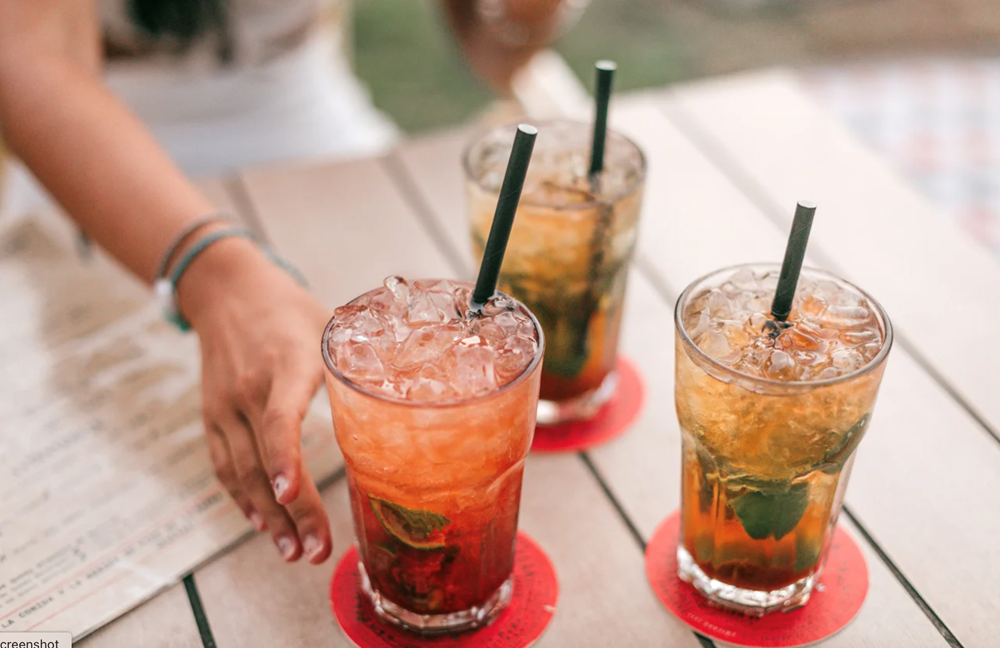
According to CNN, Paris, London, Rome, Athens or any other destination in Europe that is affected by a record heat wave is sweltering. At European destinations, American tourists often sit down at a cafe and order a cool, refreshing drink. However, that is not easy.
Just as there are cultural differences between Americans and Europeans in how they handle tap water versus mineral water, cold versus warm drinks are also a "hot topic" when American tourists visit Europe.
In recent summers, Americans have flocked to Europe and faced drinks with little or no ice.
With social media trends, historian Jonathan Rees argues that cultural differences are actually “historically determined.”
Rees, author of Refrigeration Nation: A History of Ice, Appliances, and Enterprise in America, argues that the rest of the world isn't as interested in iced drinks as America is.
But sometimes, this is completely true. Tan, a Singaporean, grew up with different views on refrigerators.
“In Asian culture, warm drinks are actually healthier,” she says.
Years in New York (USA) have made Tan used to cold drinks.
“I definitely prefer iced drinks. Even in the winter, I still drink iced coffee… iced drinks all year round,” she said.
Meanwhile, Claire Dinhut, living in the UK, has a different opinion.
“Personally, I really don't like ice, I don't even like the taste of water,” says Claire Dinhut.
Dinhut has French-American blood, but even though she lived in Los Angeles as a child, she never adapted to the American love of ice.
She has lived in Athens, Prague and now England, and feels lucky that living in Europe helps her avoid large rocks in her drinks.
“I find ice dilutes the overall flavor of the drink and is often a way for bars to hide the actual amount of drink in the glass,” Dinhut says.
The difference between ice consumption habits between Europe and America has attracted much attention in recent years, but it is not new.
Rees said the American habit of seeking iced drinks on vacation dates back more than 100 years. As far back as the 19th century, American travelers to Europe would ask restaurants for ice and be confused when they didn’t have any.
Obsessed with ice
So, why are Americans so crazy about rock?
Rees says America's love of ice can be traced back to Frederick Tudor, a 19th-century Boston businessman who made so much money selling ice that he was nicknamed the "Ice King."
But Tudor wasn’t the “first person in the world to put ice in a cocktail.” According to Amy Brady, author of Ice: From Mixed Drinks to Skating Rinks – A Cool History of a Hot Commodity, no one really knows who first thought of adding ice to a drink.
On the other hand, people living in hot climates often have the habit of looking for ways to cool off. In the 20th century, ice became an indispensable part of American drinks.
“Marketing campaigns talk about ice as if they were talking about cars or TVs. Owning a freezer sometimes signifies that you are middle-class American. Or, in other words, financially successful,” Ms. Brady said.
In Europe, ice has never been so popular. While Americans enjoy ice, Europeans generally consider ice unnecessary.
Ice expert Rees explains that it's true that "when you put ice in a drink, it dilutes it." But for Americans, ice is as familiar as flavor.
Americans have loved their iced drinks for so long that we're willing to make that sacrifice. They're willing to pay extra to have their drinks diluted in special ways.
As an American who loves ice, Rees reveled in the "little crackle in iced drinks, as well as the clink as the ice hits the sides of the glass."
“Somehow that makes me happy,” he said.
Source: https://baovanhoa.vn/du-lich/ly-do-nguoi-my-khong-the-thieu-do-uong-co-da-156941.html



![[Photo] Unique architecture of the deepest metro station in France](https://vphoto.vietnam.vn/thumb/1200x675/vietnam/resource/IMAGE/2025/11/14/1763107592365_ga-sau-nhat-nuoc-phap-duy-1-6403-jpg.webp)


![[Photo] Unique art of painting Tuong masks](https://vphoto.vietnam.vn/thumb/1200x675/vietnam/resource/IMAGE/2025/11/14/1763094089301_ndo_br_1-jpg.webp)



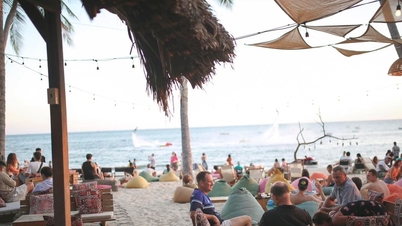








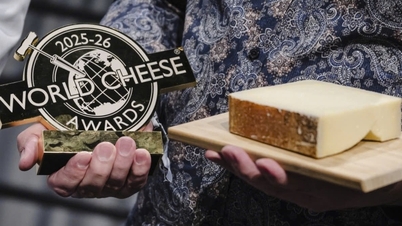


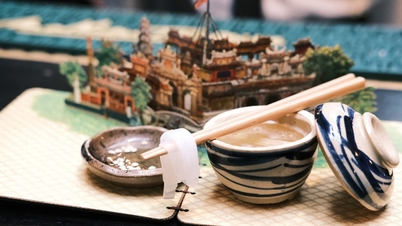



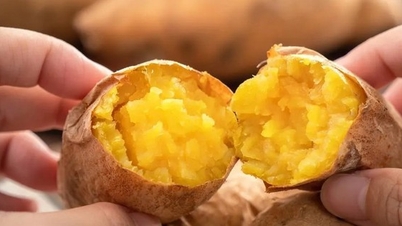
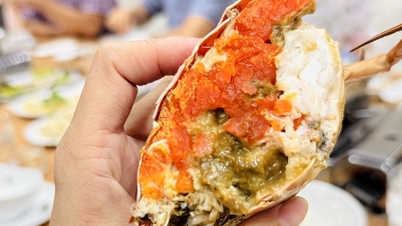











![[Photo] Special class in Tra Linh](https://vphoto.vietnam.vn/thumb/1200x675/vietnam/resource/IMAGE/2025/11/14/1763078485441_ndo_br_lop-hoc-7-jpg.webp)








































































Comment (0)